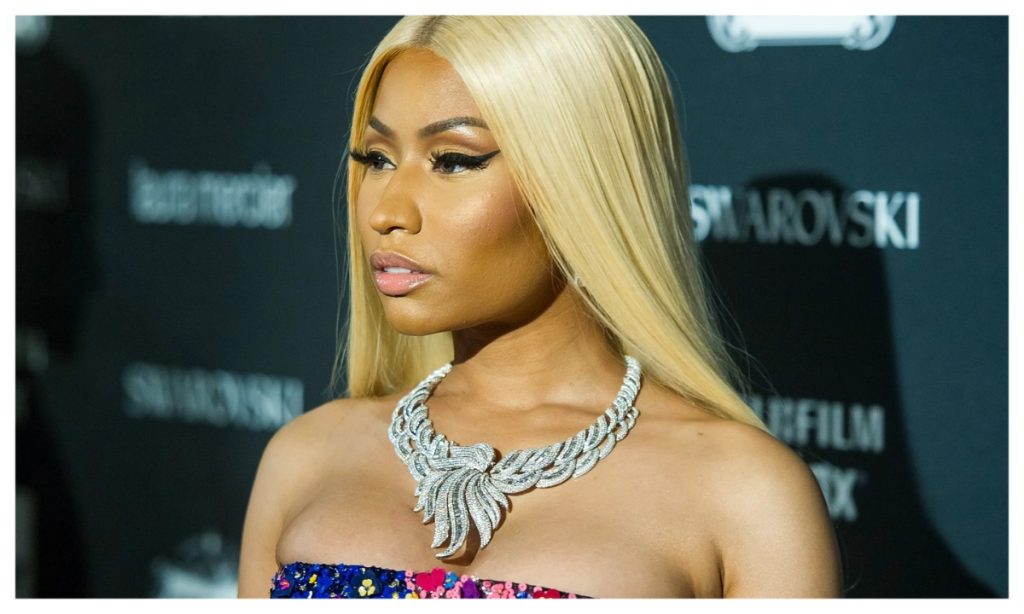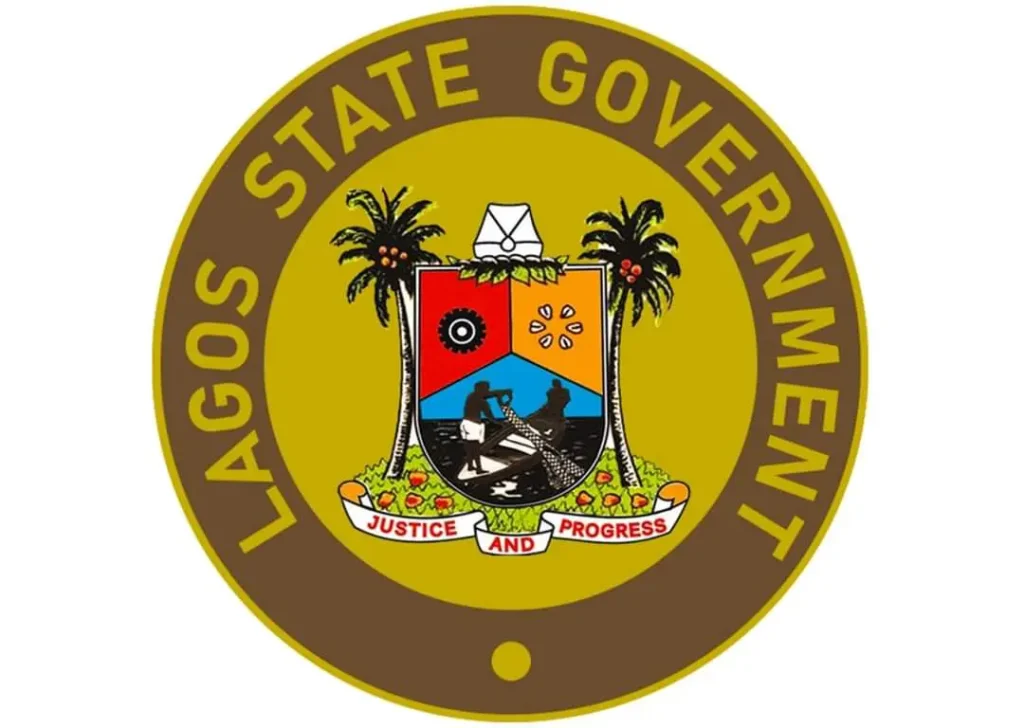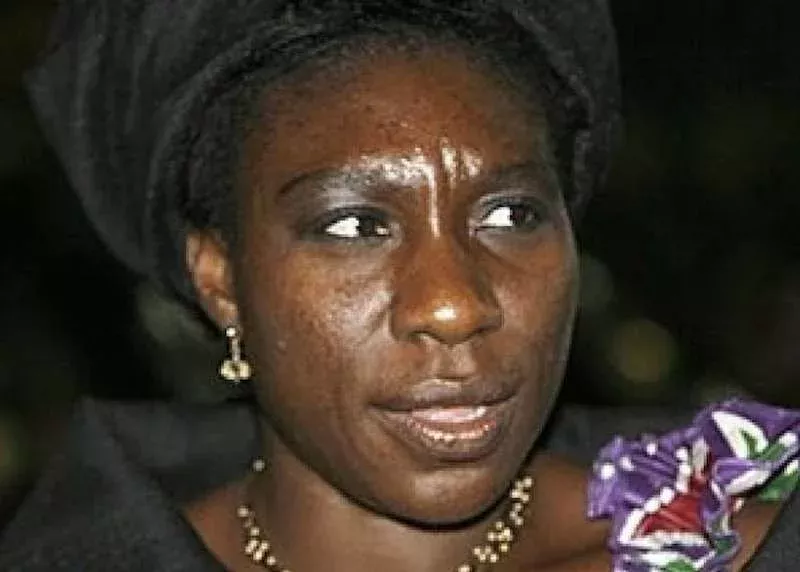A traditional ruler in southeastern Nigeria has publicly denounced efforts to undermine his authority, accusing unnamed actors of attempting to circumvent ancestral customs to establish a rival throne in his community. Eze Matthew Chiedozie Nwokoma, monarch of Umuokane Autonomous Community in Imo State’s Ohaji-Egbema region, framed the alleged actions as a threat to both cultural traditions and hard-won stability in an address to local journalists.
At the heart of the dispute lies a clash between inherited governance structures and competing interests. Nwokoma, who inherited his position after resigning from Nigeria’s police force following his brother’s death, stressed that leadership transitions in Umuokane follow strict hereditary protocols tied to ancestral veneration. “Every kingship here connects to our forebears, who guarded this sacred institution during their lifetimes,” he said. The ruler warned that violating these norms to install a new throne risked spiritual and social backlash, emphasizing that community-wide consensus—mediated by elders and spiritual consultations—must guide any administrative changes.
While expressing openness to creating additional autonomous communities to spur development, Nwokoma criticized attempts to bypass established practices. “The process cannot rest on one person’s shoulders or a small group’s agenda,” he stated, noting that over 40% of Ohaji residents now reside in Umuokane due to its reputation as a haven from regional instability. Local leaders echoed this balance of tradition and pragmatism: Town Union President Bethel Enyinna praised Nwokoma’s “transparent leadership,” while chiefs Ohaji Akujuobi and Nicholas Ekeh cautiously endorsed potential new jurisdictions—provided they follow legal and cultural frameworks.
The monarch invoked vivid metaphors to contrast his vision of unity with imposed changes, describing the latter as a “whirlwind” against the “cool breeze” of cooperation. His warnings invoked both modern governance and spiritual authority, pledging to defend Umuokane’s peace through ancestral intervention if necessary. The situation underscores tensions common in Nigeria’s traditional governance systems, where hereditary authority increasingly intersects with contemporary political and economic pressures.
State officials have yet to comment on Umuokane’s request for government-approved community subdivisions. For now, Nwokoma’s emphasis on procedural rigor and communal harmony appears to align with broader local sentiment, even as the wider debate over cultural preservation versus administrative modernization continues to unfold.



